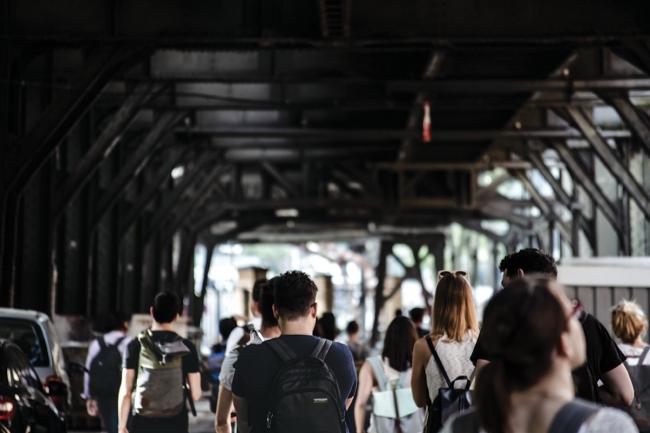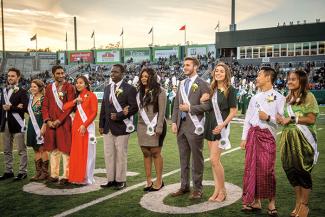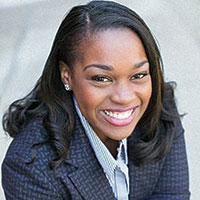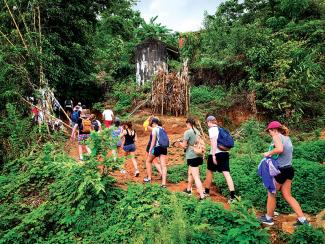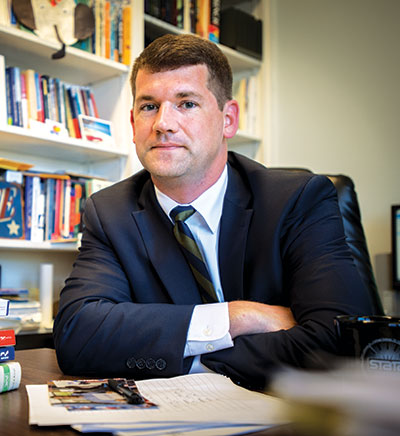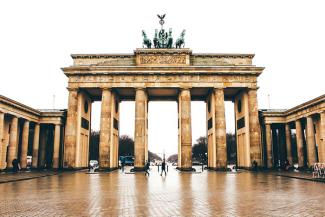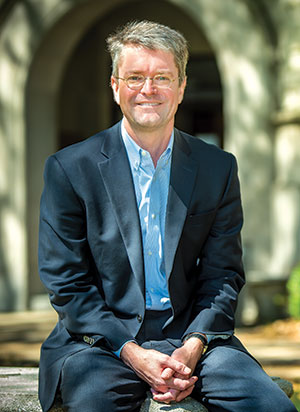Above photo: A youthful crowd walks on a covered bridge in Berlin, Germany, where many Tulane students study abroad. (Photo by Voros Gergely, Eyeem Photography)
Passion for Health Care
“I’m passionate for health care and healthcare policies,” said Kennis Htet.
Htet is an international student from Myanmar who graduated this May from the School of Liberal Arts with a BA as a political science/international relations major. Through the Creative Scholars program, he’s on his way to Tulane medical school this fall, having completed all the pre-med requirements by the end of his sophomore year.
“My country is a developing country. Political science would call it a ‘Third World’ country. It doesn’t have the best resources or best governance. For me, as a citizen of a country that is deeply entrenched in corruption, it brings a sense of awareness that we shouldn’t take for granted, for example, a Tulane education. And we shouldn’t take health care for granted.”


